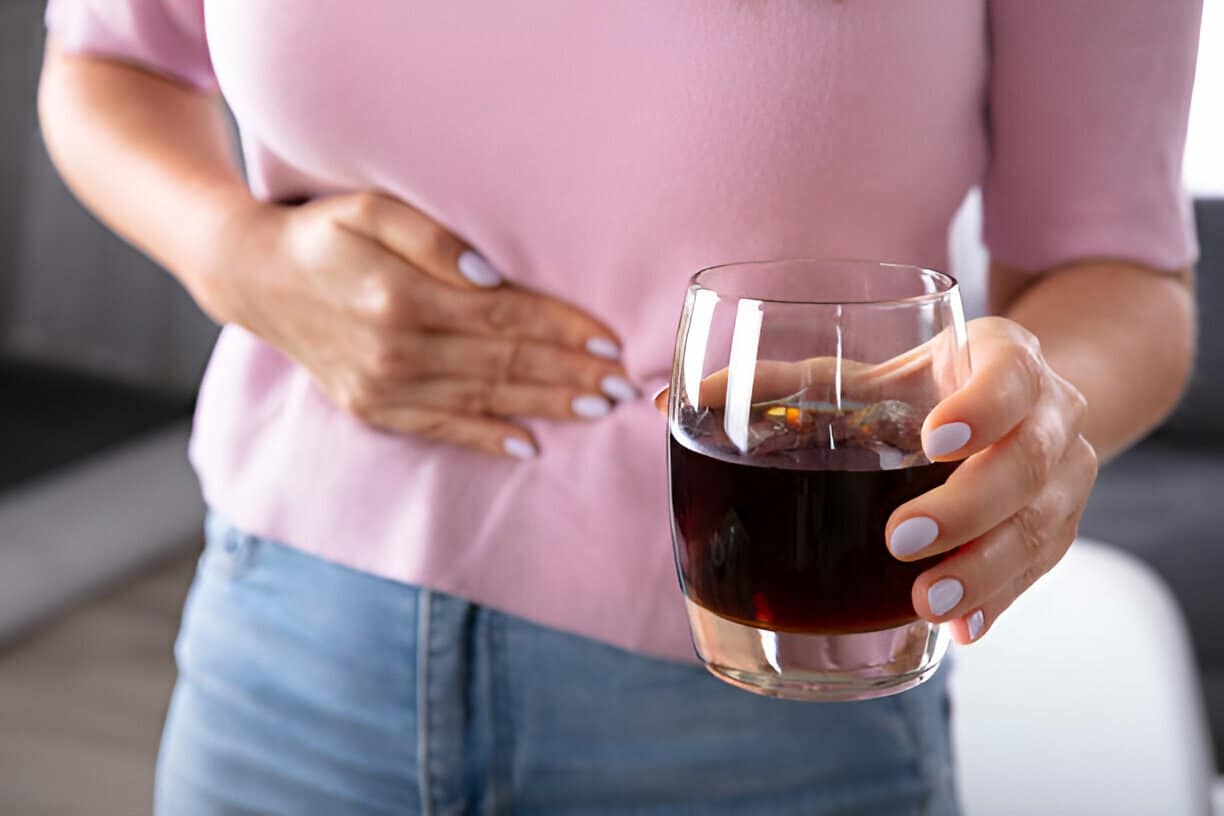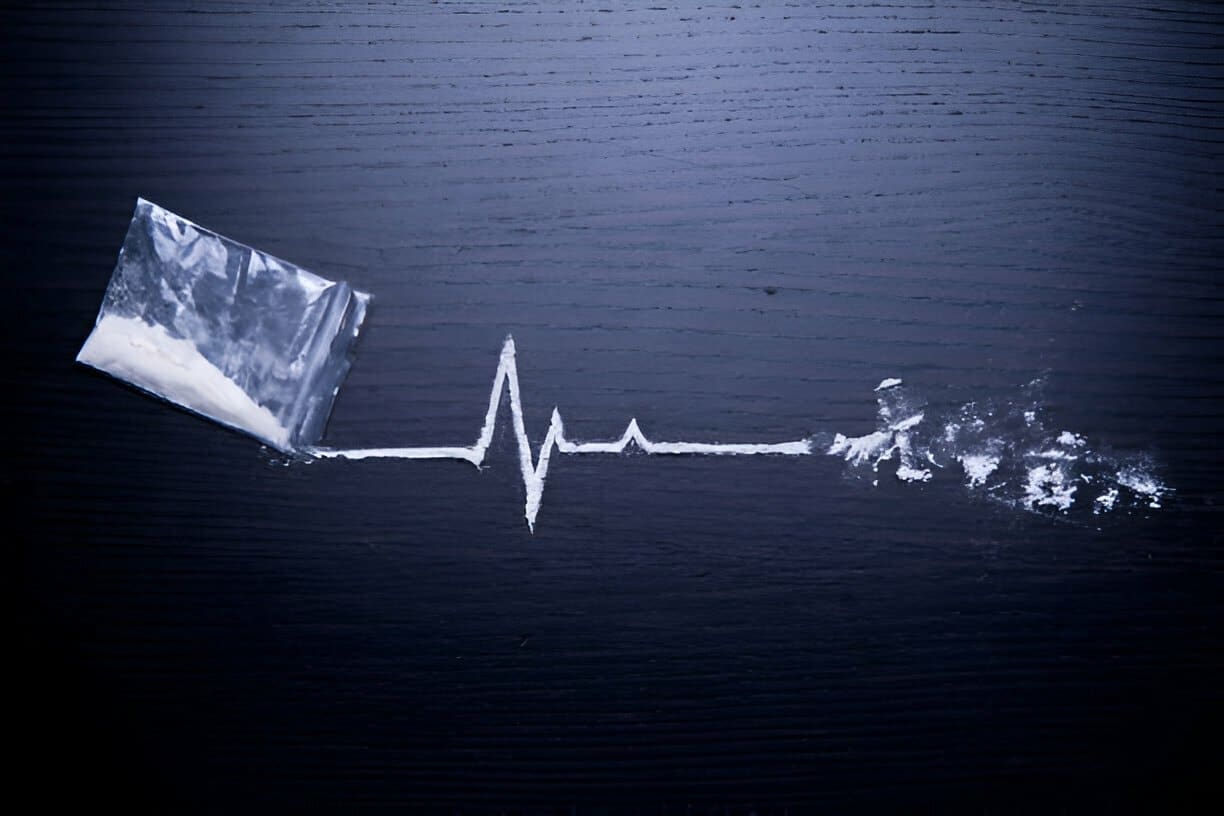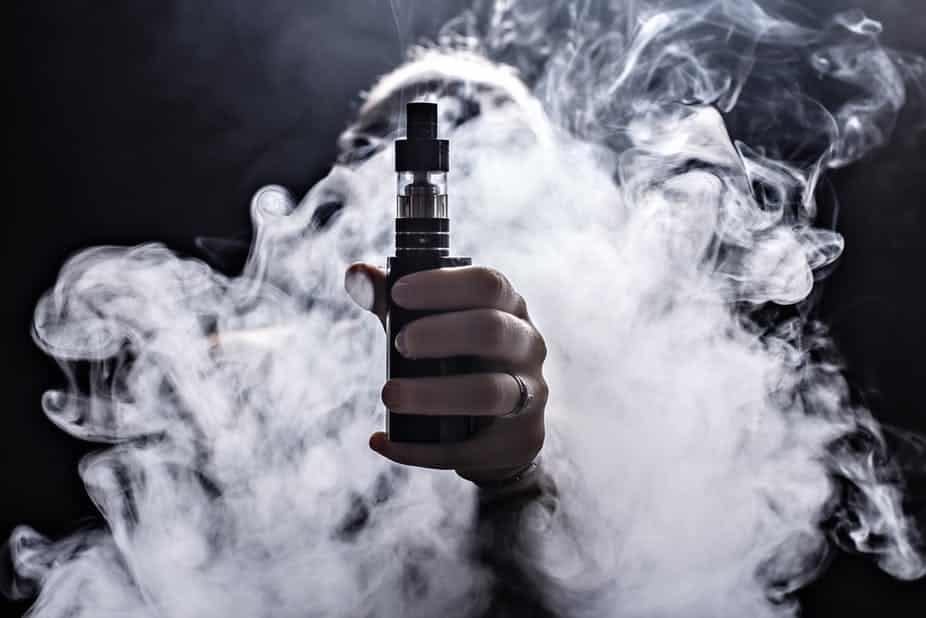While detoxification followed by rehabilitation is the preferred way of treating many chemical addictions, certain medications can be used in conjunction with counselling and therapy to improve outcomes.
Some drugs, for example, might be used as a substitute drug during detox to help ease the symptoms of alcohol withdrawal. Taking a decreasing dose of such a substitute substance can help to prevent or lessen the intensity of some of the worst withdrawal symptoms.
When it comes to substance abuse and addiction, there are a variety of medications available to aid with cravings. Some drugs may be provided following detox to aid in preventing relapse. Others reduce the pleasant effects of specific substances, making their use less pleasurable.
Alcohol treatment medications such as acamprosate stabilise chemical signalling in the brain that would otherwise operate in an unbalanced way during alcohol withdrawal; this lessens cravings, helps control normal behaviour, and protects neurons in the brain from damage caused by alcohol withdrawal.
Don’t go through the process of recovery alone. Treatment providers can answer your questions. Get in touch with one today.
Call 0800 999 1083 today!
When it comes to detox and rehabilitation, you will be given a treatment plan that works for you and your specific needs. A fully certified medical practitioner will determine whether or not the medication is included in the programme.
The medical expert caring for you will analyse your needs after taking a detailed look at your personal situation. Depending on the substance you are addicted to and whether you have any other severe health conditions, they will assess if medication is appropriate for you. You must inform your doctor about any current or previous health issues, as this may influence the type of medication that you can safely take.
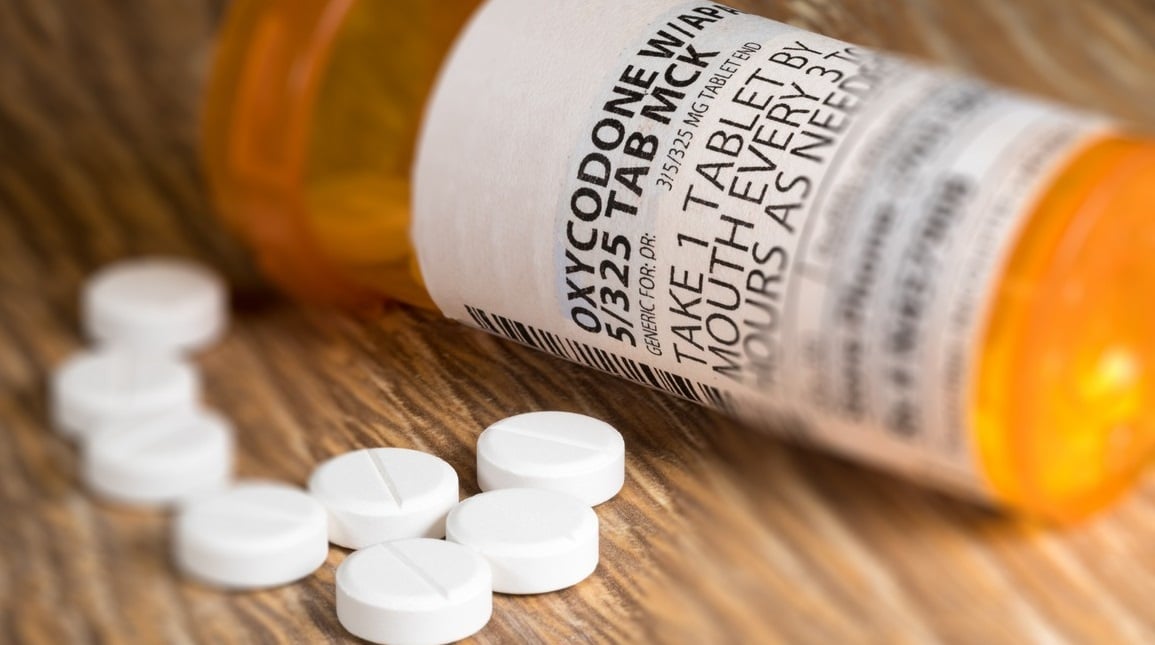
Acamprosate (also known as Campral or Regtect) is a medicine used to treat people trying to recover from alcohol use disorder. It works by correcting the chemical imbalance in the brain created by long-term alcohol consumption. It can be helpful when combined with counselling to assist people who are addicts in quitting drinking.
Calcium acetyl homotaurinate is its scientific name, and it’s very similar to gamma-aminobutyric acid, or GABA, a natural molecule in the brain that modulates nervous system excitability.
It is not metabolised by the body and is eliminated unaltered by the kidneys. As a result, it is not suggested for use by people with severe kidney problems.
Lipha was the first to synthesise acamprosate, which was licenced for use in Europe in 1989. The US Food and Drug Administration approved it for use in the treatment of alcoholism in 2004. Forest Laboratories bought the rights to distribute the medication in the United States in 2001. In 2013, generic versions of acamprosate were introduced in the United States.
Since 2015, Confluence Pharmaceuticals has been working on developing Acamprosate for use in the treatment of fragile X syndrome. Fragile X syndrome is a genetic condition characterised by huge ears, a long narrow face, enormous testicles, and flexible fingers. In around a third of victims, it can also induce autism-like symptoms, such as social interaction issues.
Although the specific mechanism of action of Acamprosate is still unknown, it is assumed that because persistent alcohol misuse disrupts the equilibrium of certain chemicals in the brain, Acamprosate can help restore that balance. Acamprosate is thought to work by interfering with the GABA and glutamate neurotransmitter systems.
It is hypothesised to block NMDA receptors while activating GABA receptors, restoring the normal balance of inhibition and neuronal excitement that has been disrupted by chronic alcohol addiction.
Alcohol pharmacokinetics are unaffected by acamprosate. Alcohol, diazepam, or disulfiram do not affect acamprosate pharmacokinetics, and clinically significant interactions between naltrexone and acamprosate have not been documented.
Don’t go through the process of recovery alone. Treatment providers can answer your questions. Get in touch with one today.
Call 0800 999 1083 today!
Acamprosate is not classified as an addictive substance, and the chances of it being abused are extremely slim.
Acamprosate is usually given five days following the last alcoholic drink as part of a detox and alcohol rehabilitation programme. However, it will be provided in other circumstances as soon as the detox process has begun.
It’s meant to be taken regularly, and how quickly the results are felt varies from person to person. It can take up to five days for the effects to become fully apparent in most people.
As part of a comprehensive alcoholism treatment approach, acamprosate should be used in conjunction with psychological and social therapy.

It is suggested for people who want to achieve alcohol abstinence rather than simply reduce their consumption.
Acamprosate’s methods of operation are currently under study. However, it appears to benefit the reduction of cravings by lowering the pleasurable response to drinking and decreasing cravings.
Before administering this medicine, further treatment is required to make alcohol withdrawal safer and more comfortable.
Acamprosate can help people recover from alcohol addiction by combining it with other psychological and social therapy in a professional alcohol rehab programme.
Acamprosate is a reasonably safe medicine to take for alcoholism therapy, according to Clinical Pharmacokinetics. It is taken three times a day in doses of two 333 mg pills. Alternatively, if you weigh less than 132 pounds, you can cut it down to four tablets every day. The delayed-release tablets must not be crushed or broken.
Acamprosate is usually not started until a person has stopped drinking for around five days. It is acceptable to start it before the withdrawal is complete because it is safe to use with alcohol (or benzodiazepines). Because the medicine is also safe when used in conjunction with opiates, it is recommended for those who are simultaneously receiving treatment for opiate addiction. As a result, acamprosate is considered a good treatment option for alcohol use disorders in patients with numerous co-occurring disorders because it is safe to use with many other medications.
When acamprosate is used with naltrexone, it appears to provide even more benefits for alcohol cessation. According to a study published in the Archives of General Psychiatry, using these two medicines may be more effective than using acamprosate alone. Similarly, combining disulfiram and acamprosate may be more beneficial than doing it independently.
It is unnecessary to quit using acamprosate if you have achieved alcohol abstinence. As previously stated, the medicine is neither addictive nor hazardous. Acamprosate can be stopped immediately without tapering the doses if the person has built up adequate resources and social support to help sustain recovery and avoid relapse. The prescribing doctor agrees that eliminating the drug is beneficial.
When used in conjunction with counselling, acamprosate benefits the reduction of alcohol use and, in some cases, full sobriety. It has been shown to have favourable effects over the course of 3 to 12 months, boosting the number of people who do not drink at all and the number of days without alcohol in users who still drink occasionally.
If you’ve given up alcohol and are experiencing anxiety, insomnia, or restlessness, acamprosate may help restore the balance of your brain’s neurotransmitters and alleviate your symptoms, lessening your cravings.
Acamprosate should not be used as a stand-alone treatment for alcohol addiction; instead, it should be used in conjunction with other therapies.

Acamprosate is thought to help the brain restore the chemical balance that has been disrupted by long-term or chronic alcohol abuse. It aids the brain’s return to normal functioning by rectifying the underlying neurochemical abnormalities brought on by persistent drinking. In this sense, it aids people in maintaining their alcohol sobriety.
The balance of neurotransmitters in the brain alters when a person drinks heavily or regularly. Drinking, in particular, lowers the excitatory neurotransmitter glutamate, resulting in a sedative effect.
When someone who is addicted to alcohol stops drinking, glutamate levels rise, causing hyperactivity and excitability in the central nervous system. This may lead to a need for alcohol to alleviate unpleasant symptoms.
Acamprosate is hypothesised to limit glutamate release while also activating taurine, an inhibitory neurotransmitter, resulting in a reduction in the person’s excitation level.
While Antabuse (disulfiram) makes people sick if they drink alcohol, naltrexone prevents people from getting “high” from drinking, and acamprosate relieves the physical and emotional pain that comes with quitting drinking. Many of the post-acute withdrawal symptoms that many people experience during the early stages of alcohol abstinence, such as sweating, anxiety, and sleep difficulties, are reduced while using acamprosate.
Anyone with kidney difficulties or a known allergy to the medicine should avoid taking acamprosate. Suicidal behaviour and major depressive illness have also been linked to it. Therefore any negative thoughts should be reported to the prescribing physician right away.
Yes, it has a beneficial effect on addicts, ranging from allowing complete sobriety to reducing alcohol use in terms of regularity; however, it is only recognised as helpful when used in conjunction with counselling or other forms of therapy.
Acamprosate should always be used in conjunction with an addiction treatment programme that includes counselling or other therapeutic models; this can be done in a residential rehab facility or as part of outpatient treatment.
Like all other drugs licenced to treat alcoholism, Acamprosate is most effective when used as part of a comprehensive rehabilitation programme that includes therapy, counselling, or support group participation.
Like all other treatments and methods for alcohol cessation, Acamprosate does not work for everyone. It isn’t a miracle cure. However, it could be a valuable addition to your recuperation arsenal.
Speak to us on 0800 999 1083 to discuss treatment options and to find the best alcohol rehab centre.
According to the National Library of Medicine’s MedLine Plus, side effects usually subside after a few weeks of treatment of alcohol dependence and may include:
Acamprosate has the potential to cause more serious adverse effects in some people. Anyone who develops any of the following symptoms should stop taking acamprosate right away and notify their doctor:
Diarrhoea may persist after the drug has been used for a few weeks. Acamprosate has been linked to suicide ideation in certain people. It’s a rare but dangerous side effect. Other harmful side effects include a rash or tingling in the extremities, suggesting an allergy.
Acamprosate can be taken by those who have stopped consuming alcohol. If you are still drinking, using illicit substances, or abusing prescription medications, it will not work.

If you have any of the following conditions, you should not take acamprosate:
Acamprosate does not aid in the cessation of drinking. It does, however, assist people who have already abstained from alcohol in maintaining their abstinence.
Acamprosate does not help with the withdrawal symptoms that occur during early alcohol detoxification.
Acamprosate, however, has been demonstrated to help to recover alcoholics sleep better during their early sobriety.
You should tell your doctor or an addiction professional before taking acamprosate:
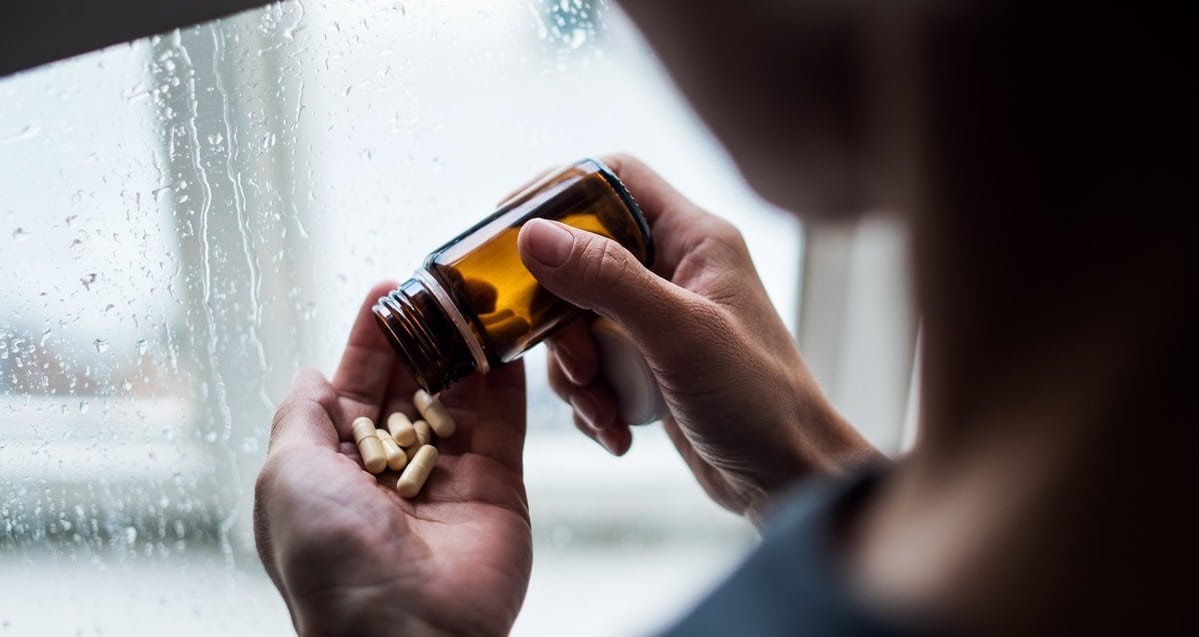
You should be aware that acamprosate can impair your thinking, decision-making, and coordination. Do not drive or operate machinery until you better understand how this drug affects you.
You should also be aware that heavy drinkers are more likely to become depressed and attempt to injure or kill themselves. Taking acamprosate has no benefit on your risk of self-harm and may even increase it. Even if you do not continue drinking, you may develop depression while taking acamprosate. If you or someone in your family is experiencing symptoms of depression or is thinking about harming or killing themselves, you should contact a doctor immediately.
Acamprosate is one of two main drugs available through the NHS to treat alcoholism, the other being Disulfiram.
The number of Acamprosate prescriptions written in 2016 was 2.7 times larger than the number of Disulfiram prescriptions dispensed.
Acamprosate is 58% less expensive than Disulfiram may explain the increased number of prescriptions.
Don’t go through the process of recovery alone. Treatment providers can answer your questions. Get in touch with one today.
Call 0800 999 1083 today!
If you have an alcohol addiction, acamprosate, in combination with other forms of therapy, such as counselling, can help you reduce your desire to drink while also alleviating some of the unpleasant symptoms of alcohol withdrawal. It should not be seen as a complete “cure” for alcoholism. Instead, when used in conjunction with the therapy mentioned above, it can significantly reduce the desire to drink again and lead to complete abstinence in some circumstances.
Addiction can be a horrible burden for anyone living with it – and alcohol addiction might be one of the most challenging addictions to overcome due to the wide availability of alcohol in today’s culture and the number of opportunities that individuals have to drink on a daily basis. Nonetheless, there are now a variety of facilities and organisations across the country that treat addicts and assist them in achieving long-term recovery; with professional help (and the aid of support groups throughout your recovery period), you can overcome addiction and return to a happy, healthy life. Consult your doctor or an addiction specialist to get professional treatment advice about treatment options that could be right for you.
Addiction can make a person feel as if they have lost control of their lives Every second is spent either seeking, consuming, or being inebriated by their substance of abuse, and critical relationships and treasured activities can be disregarded with disastrous results. If you feel like your addiction has taken over your life, don’t despair. Contact your doctor or an addiction professional right away to reclaim back control. There are now many options for professional addiction treatment that can help you overcome your addiction and return to living a healthy, happy, and successful life. Call us on 0800 999 1083 for confidential help.

BACP accredited psychotherapist with 16 years experience working in mental health specialising in psychodynamic person-centred therapies treating those with a range of mental health disorders including anxiety, depression, OCD and Addiction.

Fill in your details and we’ll send you a message via SMS.

No matter where you live, there are drug and alcohol rehab options for you to discover. Treatment providers are waiting to answer your questions. Get started today.

Ever felt that gnawing ache or burning sensation in your gut after a night of drinks? You’re not alone. Stomach pain after drinking is a common complaint, and there are a few reasons why it might happen. Let’s delve into the science behind the discomfort and explore ways to soothe your stomach. The Irritating Truth: … Continued

Cocaine, a stimulant known for its short-lived burst of energy and euphoria, hides a dark side. Behind the initial high lies a dangerous potential for overdose, with severe health consequences and even death. This article delves into the world of cocaine overdose, equipping you with the knowledge to recognize the signs, understand the dangers, and … Continued

Adult smoking habits in the UK refer to how often and in what ways people aged 18 and above use tobacco. This includes everything from smoking cigarettes every day to occasionally lighting up, as well as using other tobacco products. Understanding these habits is important for several reasons: Public Health: Smoking causes many diseases that … Continued

Addiction in the UK is a complex issue that is connected to various aspects of society such as healthcare and law enforcement. It affects people from all backgrounds and has negative impacts on families, communities, and the entire nation. Understanding addiction involves not only looking at the uncontrollable use of substances and repetitive behaviors but … Continued

Don’t go through the process of recovery alone. Treatment providers can answer your questions. Get in touch with one today.
Call 0800 999 1083 today!





